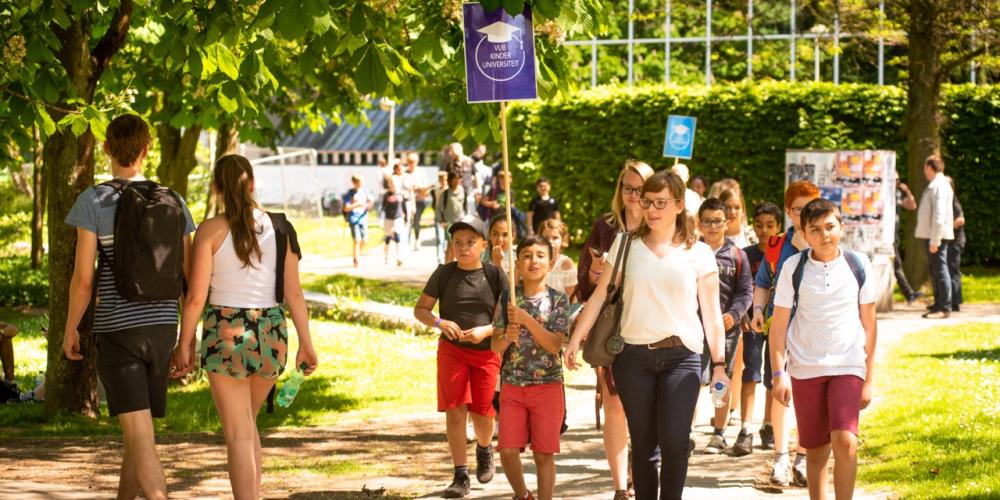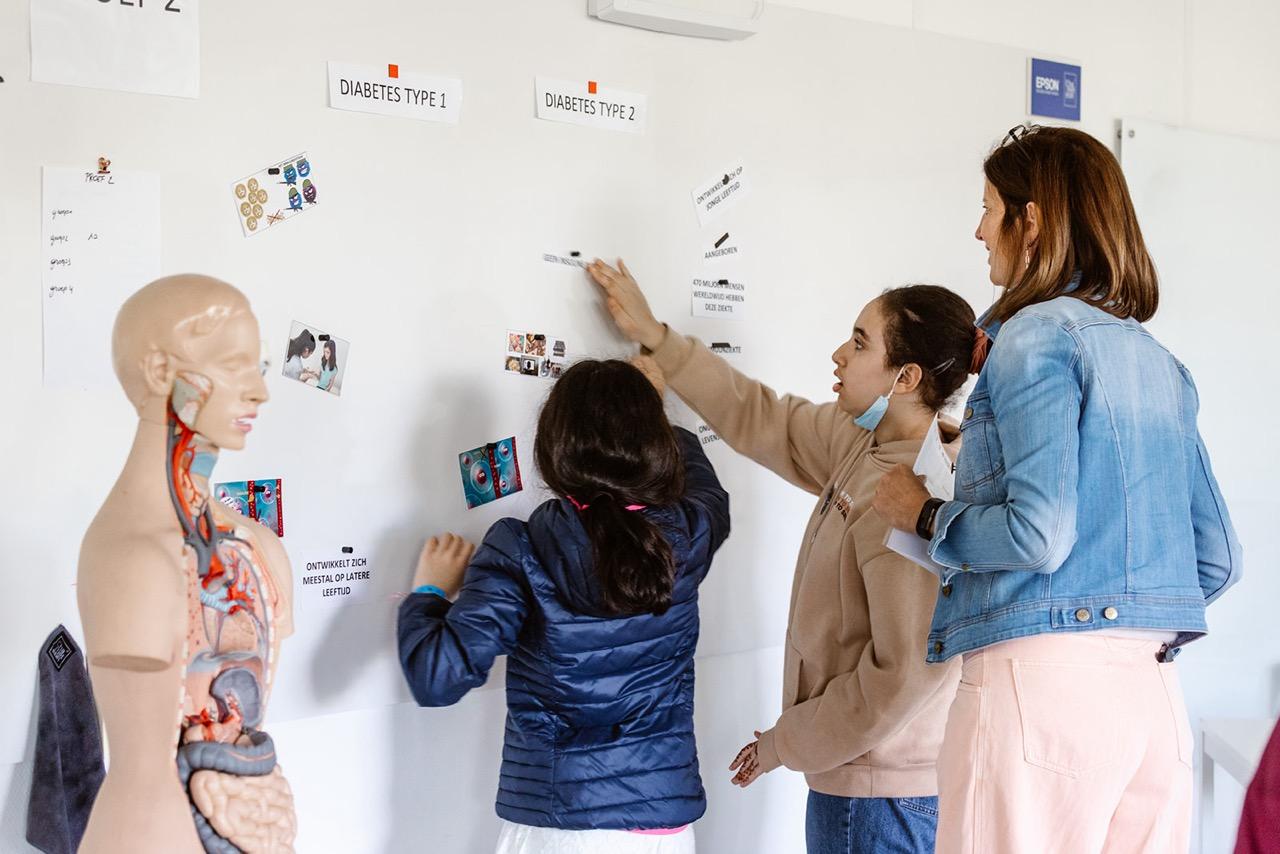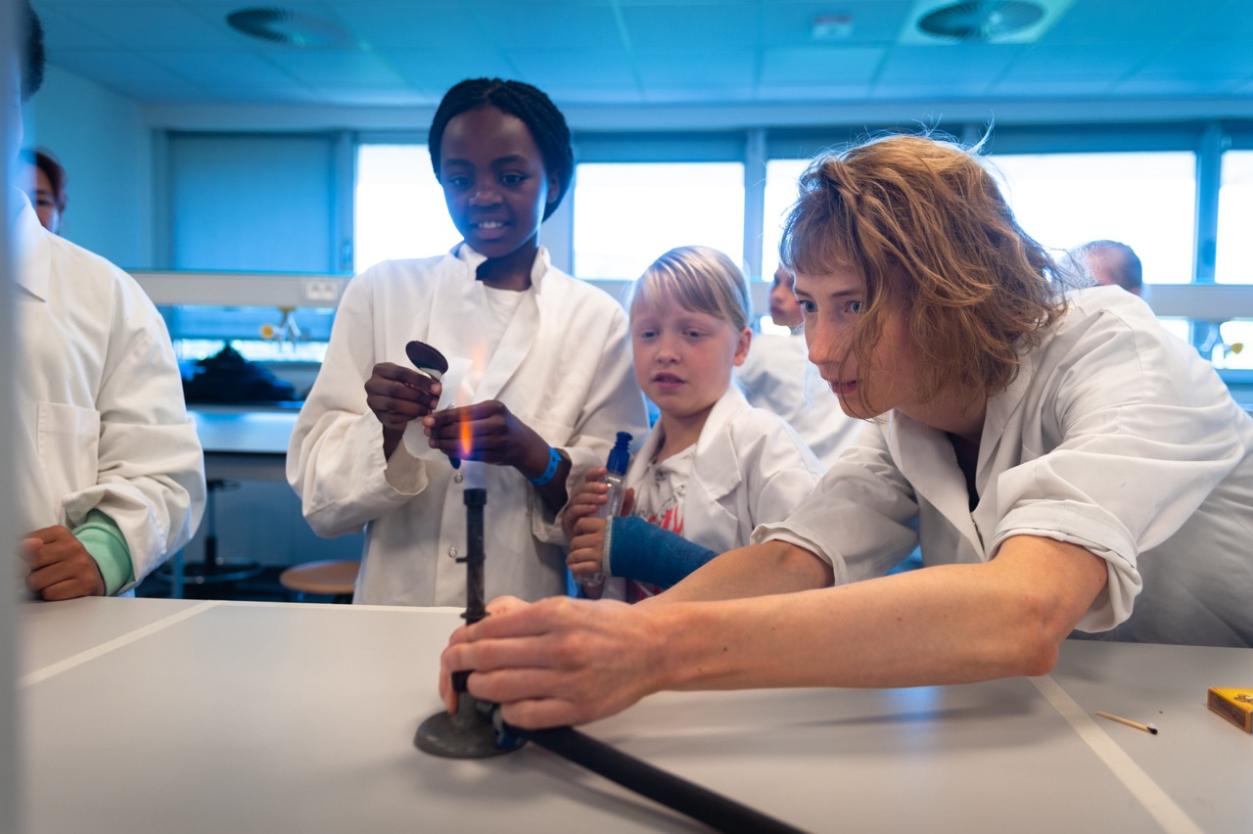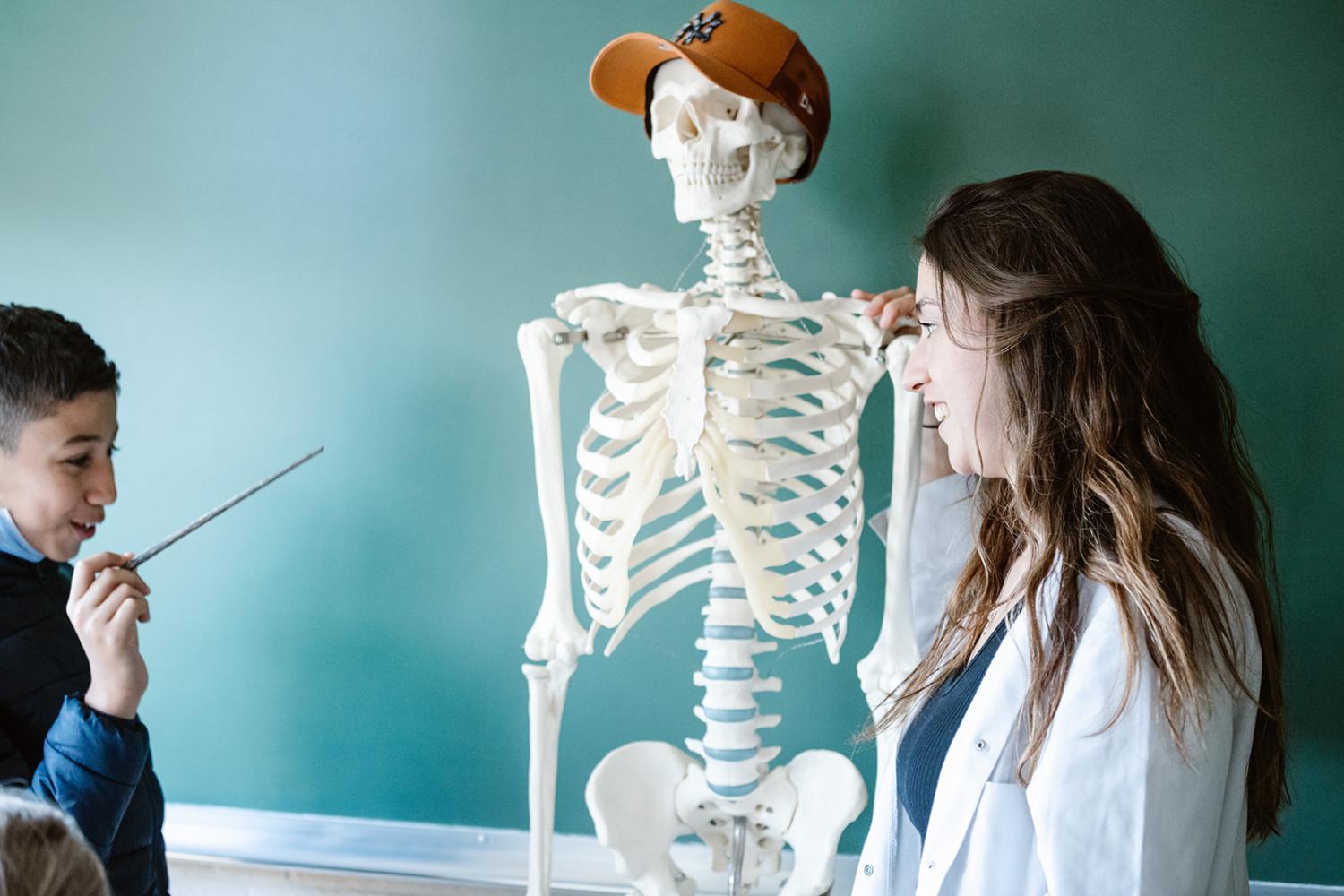
The Free University of Brussels (VUB) is actively working to make science more accessible to children in Dutch-language primary schools across Brussels. Through its "Children’s University" programme, pupils in the final years of primary school are given the opportunity to explore science and research in a fun and interactive way. Between January and June 2025, a total of 624 pupils from 27 different schools in Brussels took part in the initiative.

The VUB Children’s University focuses specifically on pupils from Dutch-language primary schools in Brussels. Participating classes visit the university’s campuses in Jette or Etterbeek, but VUB researchers also travel to schools to deliver sessions in the classroom. The workshops on offer are specially designed to make scientific concepts both understandable and engaging for children. Hands-on learning is at the heart of the programme: pupils carry out experiments, take part in treasure hunts, and complete interactive tasks.
To make this possible, both early-career and experienced researchers undergo targeted training to help them present their work in a child-friendly and captivating way. This creates a direct link between the research taking place in university laboratories and the everyday world of the children, making science more tangible and accessible.
Fran Geys from the VUB Children’s University is pleased with the results. “Since January, we’ve been running campus sessions every week. Two classes take part each week, either attending a workshop and activity on our Jette or Etterbeek campus, or welcoming us into their school. This has allowed us to reach many more pupils across the Region and involve far more schools in the Children’s University than in previous years.”

The Programme: A Morning of Discovery and Exploration
A typical day at the Children’s University begins at 9:30am, when the class is welcomed at one of the VUB campuses. The pupils then take part in a workshop led by a VUB researcher and supported by a student guide. After the workshop, they go on a treasure hunt or take part in a quiz—depending on the weather—giving them the chance to apply and deepen the knowledge they’ve just gained.
The morning concludes with the awarding of an official certificate of participation—a tangible recognition of their efforts and discoveries. To round off the experience, the children are treated to a free lunch at the campus restaurant, consisting of soup and bread.
Inclusivity and Support for Education
The decision to work with entire class groups is a deliberate strategy aimed at reaching children who might otherwise have limited exposure to science-related initiatives. Teachers are also offered additional support and educational materials, helping them to embed science and research more firmly into their curriculum. By prioritising schools within the Brussels-Capital Region, the VUB Children’s University is working to improve access to science education in the area.
Since the programme began, over 88 researchers have taken part in delivering workshops, supported by numerous colleagues during the sessions. More than 30 different workshops have now been developed. The initiative has proven successful in engaging young pupils with science and research in a positive way—helping to spark their interest in STEM subjects and build their knowledge and skills.
Fran adds: “Since the project began, 72 different schools have visited the VUB Children’s University. This shows just how well embedded the initiative has become within the Brussels education landscape.”

Building Connections Across Europe
Since 2021, the VUB Children’s University has been part of the European network eucu.net, which brings together 62 partners from across and beyond Europe. The network aims to promote science and research for children by sharing best practices, educational resources and teaching methods. Each year, it organises the International Day of Children’s Universities (IDCU), a day dedicated to highlighting the valuable projects and initiatives across Europe and beyond that introduce children to science in an accessible and engaging way.
The network emphasises the importance of sparking curiosity, developing critical thinking skills, and encouraging children to ask questions. The VUB Children’s University plays its part by making science not only visible, but also tangible and approachable—placing particular emphasis on equal educational opportunities within the Brussels-Capital Region.